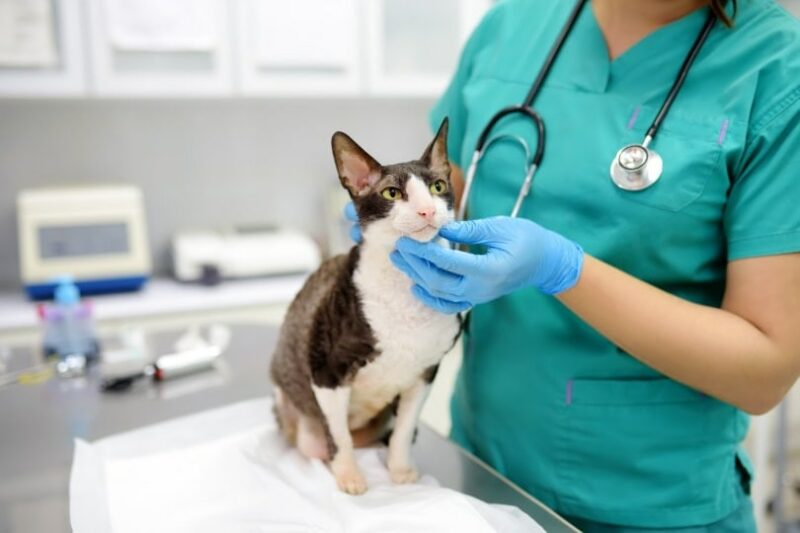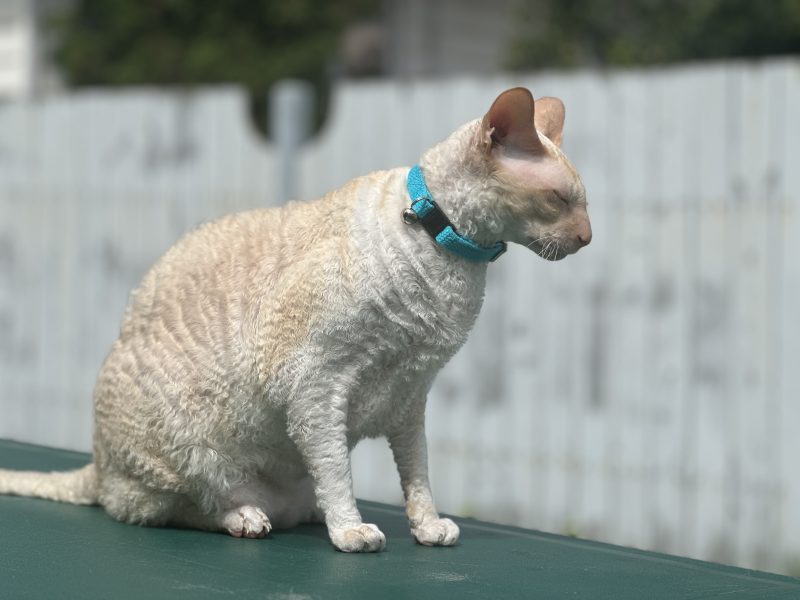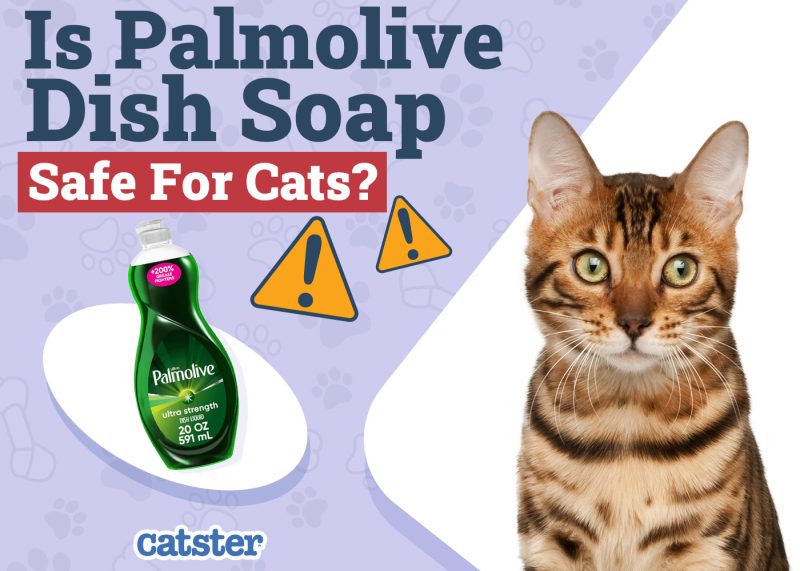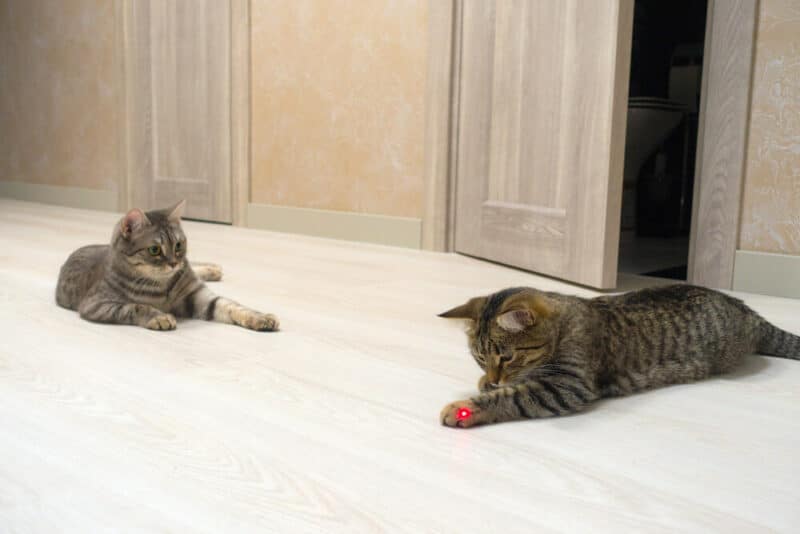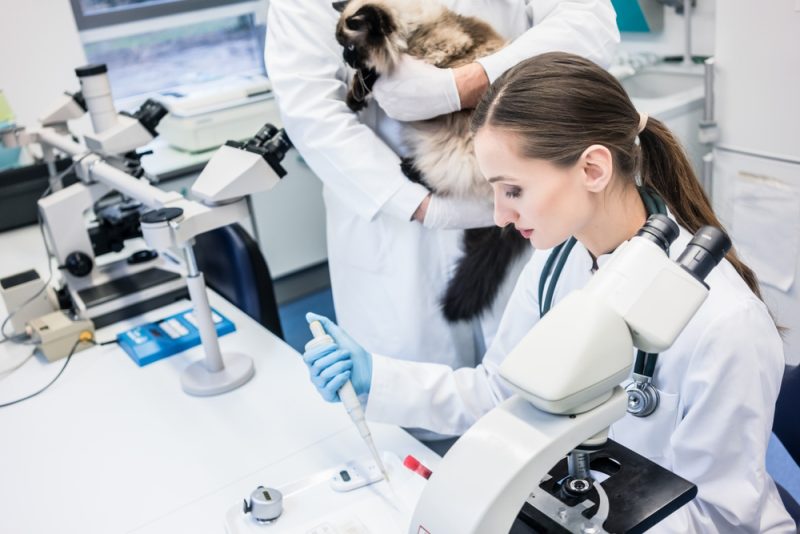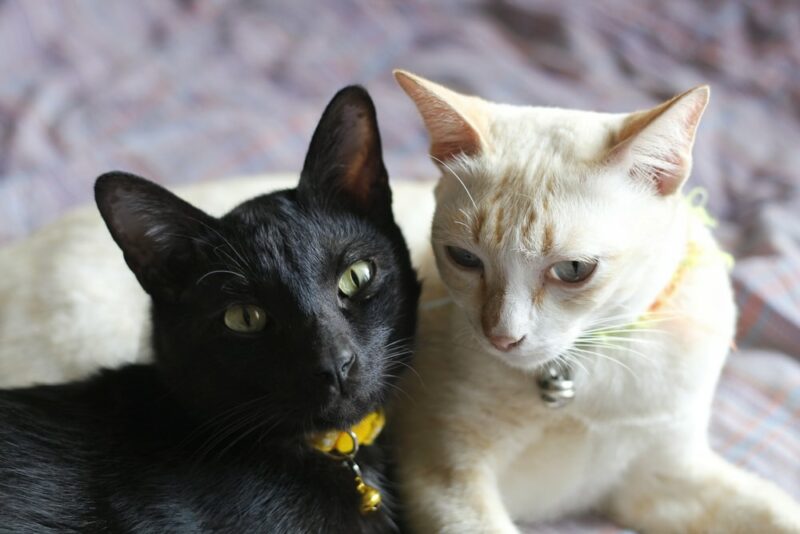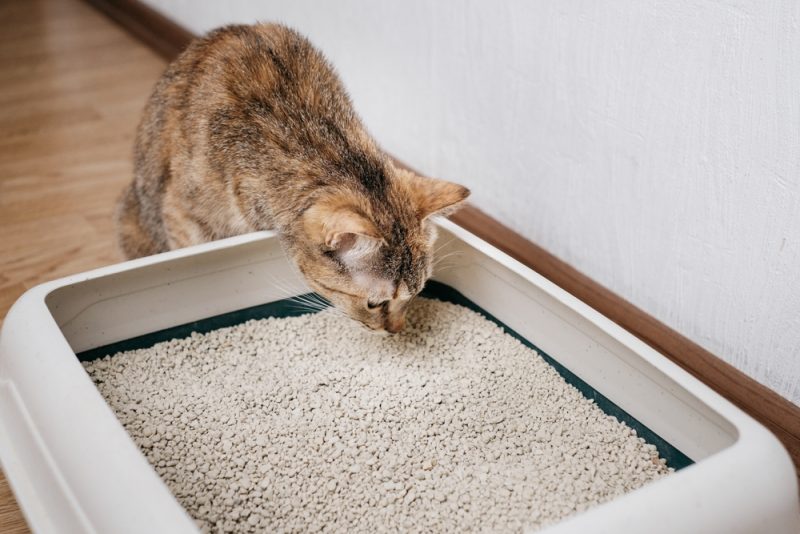Mercury poisoning in cats is a rare condition. However, with mercury levels being fairly high in some commercially sold fish, it is possible for a cat to suffer from mercury toxicity after ingestion of these fish. Mercury is a naturally occurring element that does not break down. It can be found naturally in water, rocks, and soil.
When mercury-containing products or compounds cause mercury to be airborne (such as through volcanic eruptions or burning), the particles contaminate the ground and water after they fall as rain and snow. Once they become airborne and fall to the earth, they can enter the waterways. Once in a water source, fish accumulate the mercury in their tissues. The more polluted the waters and the higher up a fish is in the food chain, the more mercury can bioaccumulate in its tissues.

What is Mercury Poisoning?
Mercury poisoning occurs when an animal accumulates high levels of mercury. The mercury levels then build up in the body, causing signs of toxicity or poisoning. The most common source of mercury poisoning is the ingestion of fish or other seafood containing high levels of methylmercury, in their tissues. Due to the bioaccumulative nature of mercury, even low-level exposure over time can result in significant health issues. Cats who consume fish-based foods are more likely to show the signs and suffer from the effects of mercury toxicity.
With cats, we would suspect this to occur most commonly after ingesting tuna. While other fish may also contain mercury, tuna is commonly fed to cats based on its availability (in cans or pouches), cheap cost, and ease of administration.

What Are the Causes of Mercury Poisoning?
The most likely cause of mercury poisoning in cats is ingesting a large amount of canned or fresh tuna. While tuna is a common ingredient in commercial cat food, it’s often mixed with other types of fish with historically lower levels of mercury and other ingredients. If you feed your cat only canned tuna, their risk of ingesting a toxic level of mercury is much higher.
If you feed your cat canned tuna, it’s recommended not to do it daily and to ensure it does not make up more than 10% of your cat’s diet. Tuna is generally considered safe by veterinarians to serve to cats, especially plain canned tuna in water. Some veterinarians even recommend putting tuna juice in water or on top of food to tempt anorexic cats to eat or drink more.
However, feeding exclusively tuna is not recommended. Not only is feeding exclusively tuna completely unbalanced, but it can also put a cat at a much higher risk for developing mercury poisoning. Conversely, there have been no documented cases of mercury toxicity in cats eating only commercially made cat food.
Other causes of mercury poisoning can occur if your cat ingests mercury from a broken thermometer or pieces of a broken thermostat or light bulb. Those causes are extremely rare in both cats and humans.
Where Are the Signs of Mercury Poisoning?
If your cat ingests portions of a broken thermometer or light bulb, they will often develop severe gastrointestinal signs, such as vomiting and diarrhea, anorexia, and pain. This then quickly progresses to shock, difficulty breathing, and even death.
With chronic ingestion of high levels of mercury in food, gastrointestinal signs often do not occur. More commonly, a cat will develop abnormal neurologic signs, such as blindness, ataxia (wobbly, weak walking), and incoordination that can progress to complete paralysis. Signs of toxicity also include tremors, abnormal movement of the eyes (referred to as nystagmus), and, eventually, death.
Mercury poisoning can also cause harm to the kidneys as they try to filter the affected blood. This may show up as increased drinking and urination as the kidneys break down, progressing to a complete lack of urine production.
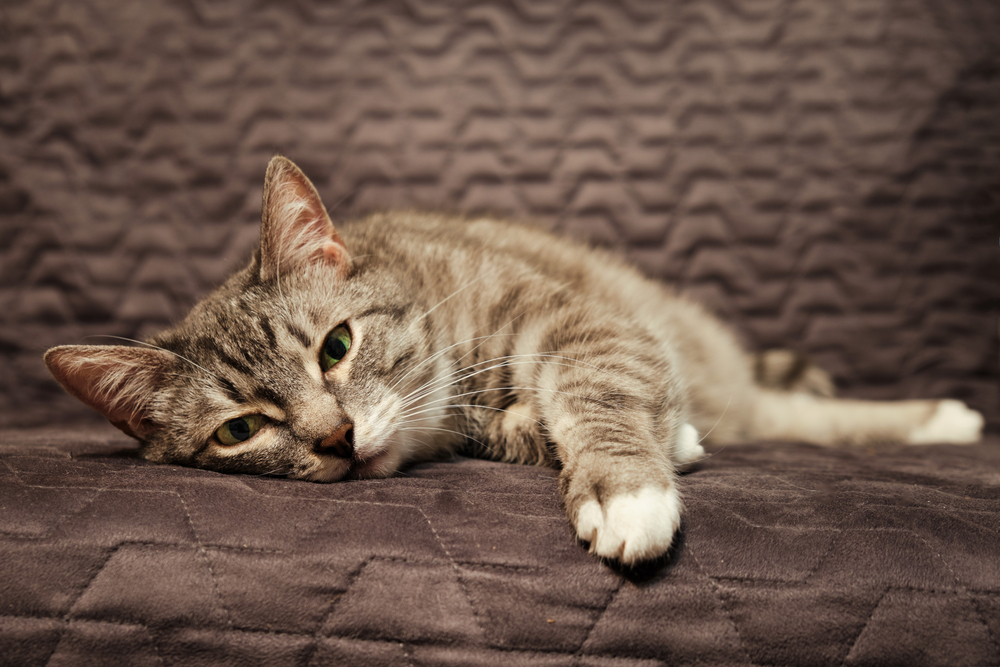
What Are the Potential Dangers of Mercury Poisoning in Cats?
Unfortunately, the neurologic and renal (kidney) damage caused by mercury may be irreversible. Even if your veterinarian can appropriately diagnose this intoxication, your cat may not recover. Your cat may pass away or be left with debilitating neurologic or kidney abnormalities.
If your cat ingests any portion of the mercury from a broken thermometer, unfortunately, death is typically seen within hours of ingestion. The diagnosis can be difficult, as the abnormal signs seen from mercury toxicity can mimic many other conditions. For instance, kidney failure from degeneration of the kidneys can cause incoordination, ataxia, and weakness.
High blood pressure, which is often seen with cats suffering from kidney disease or high thyroid levels, can cause blindness. If your cat starts to act abnormal, you must disclose to a veterinarian if you have been feeding a strict seafood-only diet, especially canned tuna.
If you need to speak with a vet but can't get to one, head over to PangoVet. It's an online service where you can talk to a vet online and get the advice you need for your pet — all at an affordable price!


Conclusion
While mercury poisoning is very rare in cats, it is possible if a cat is fed a diet consisting only of fish, especially tuna. There have been no documented cases of cats suffering from mercury poisoning when eating a balanced commercial diet. Even commercial diets that consist of seafood have yet to show any evidence that they can cause mercury poisoning.
If you feed your cat canned tuna, make sure you do not do it daily and that your cat is also eating a balanced diet, as recommended by your veterinarian. If you are concerned your cat may be suffering from mercury poisoning, contact your veterinarian and disclose everything your cat has been eating.
See Also:
- Carbon Monoxide Poisoning in Cats: Vet-Reviewed Critical Signs
- Lead Poisoning in Cats: Causes, Prevention & Symptoms (Vet Answer)
- Can a Cat Detect Carbon Monoxide? The Interesting Answer! (Vet Reviewed)
Featured Image Credit: Maria Sbytova, Shutterstock
